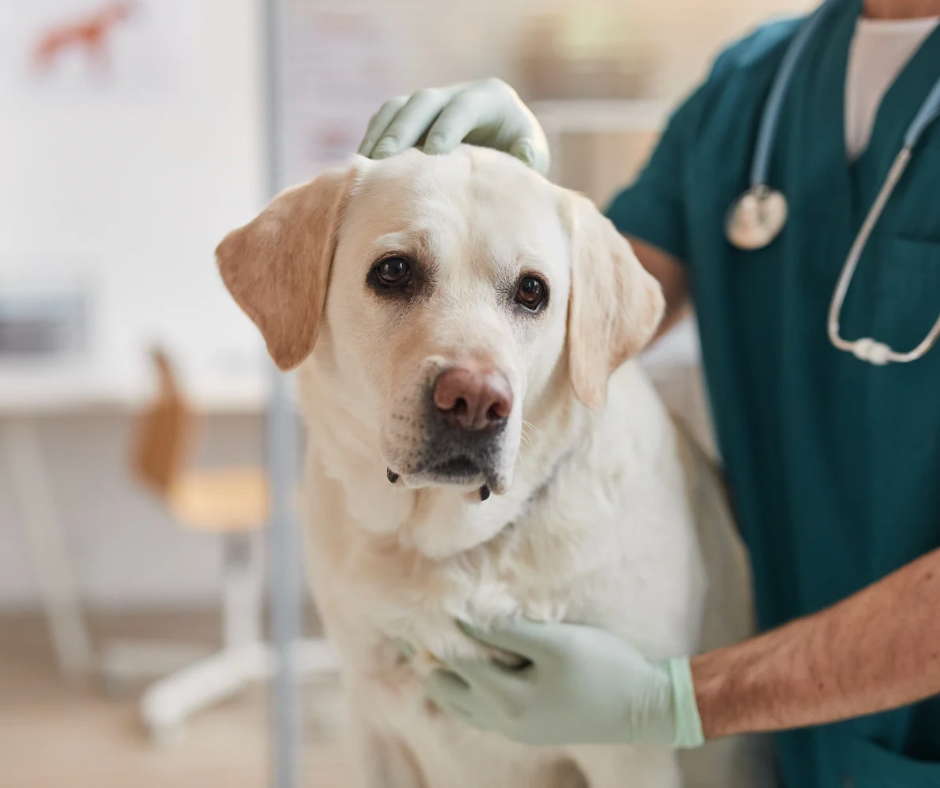When Behavior Isn’t Just Behavioral: How Medical Conditions Can Cause Aggression in Dogs
- Bailee Smalt

- Jul 21
- 2 min read

When a dog shows signs of aggression, many people immediately assume it’s a behavior issue. But what if it’s not? Sometimes, aggression stems from something deeper — something physical, painful, or invisible. At Willow Creek Dog Training, we always stress the importance of ruling out medical conditions when working with a dog displaying sudden or unusual aggression.
Let’s explore two common but often overlooked medical causes of canine aggression: thyroid disorders and seizures.
1. Hypothyroidism: The Silent Behavior Changer
Hypothyroidism occurs when the thyroid gland doesn’t produce enough hormones to regulate metabolism. It’s more common in middle-aged dogs and certain breeds like Golden Retrievers, Dobermans, and Irish Setters.
Behavioral Symptoms Can Include:
Sudden aggression, even toward familiar people or animals
Anxiety or depression-like behavior
Loss of interest in play or affection
Unpredictable mood swings
In some cases, the aggression seems to appear out of nowhere. That’s because thyroid hormones play a vital role in brain chemistry. When those levels drop, it can mimic or trigger serious behavioral changes.
🩺 What to Do:
If your dog shows a sudden behavior change, ask your vet to run a full thyroid panel — not just a basic T4 test. Dogs with low thyroid function often respond well to simple hormone replacement therapy.
2. Seizures and Neurological Disturbances
Seizures in dogs aren’t always dramatic. Some dogs experience partial or focal seizures that may look like odd behavior rather than the typical convulsions people expect. During or after a seizure, a dog may act confused, fearful, or — in some cases — aggressive.
Post-Ictal Aggression
(after a seizure):
A normally gentle dog may growl, snap, or bite
The aggression is typically short-lived but intense
The dog may seem unaware or disoriented afterward
This isn’t “bad behavior” — it’s a neurological event that the dog cannot control.
🧠 What to Do:
If you suspect seizures or your dog has had unusual “zoning out” moments followed by odd behavior, talk to your vet. Neurological exams and possibly an EEG or MRI can help diagnose the issue. Anti-seizure medications may dramatically reduce both seizures and related aggression.
Other Medical Issues to Consider
Chronic pain (e.g., arthritis, dental disease)
Ear infections (especially in dogs that suddenly resist head touches)
Vision or hearing loss
Brain tumors or cognitive dysfunction (in older dogs)
Why a Vet Visit Is Step #1
Before labeling a dog as “aggressive” or trying to correct the behavior with training alone, it’s critical to rule out medical causes. Even the best dog training can’t undo pain or a chemical imbalance in the brain. At Willow Creek Dog Training, we collaborate with veterinarians when necessary to ensure each dog gets a whole-picture approach.
Final Thoughts
If your dog has suddenly become aggressive, don’t panic — and don’t jump to conclusions. Think medically first. With the right diagnosis and treatment, many dogs go back to being the happy, friendly companions they once were.
🐾 Aggression isn’t always a behavior issue — sometimes it’s a health issue. Don’t correct it, check it.
Need help navigating behavior changes in your dog? Contact us at Willow Creek Dog Training. We’re here to support both you and your dog — every step of the way.

Comments